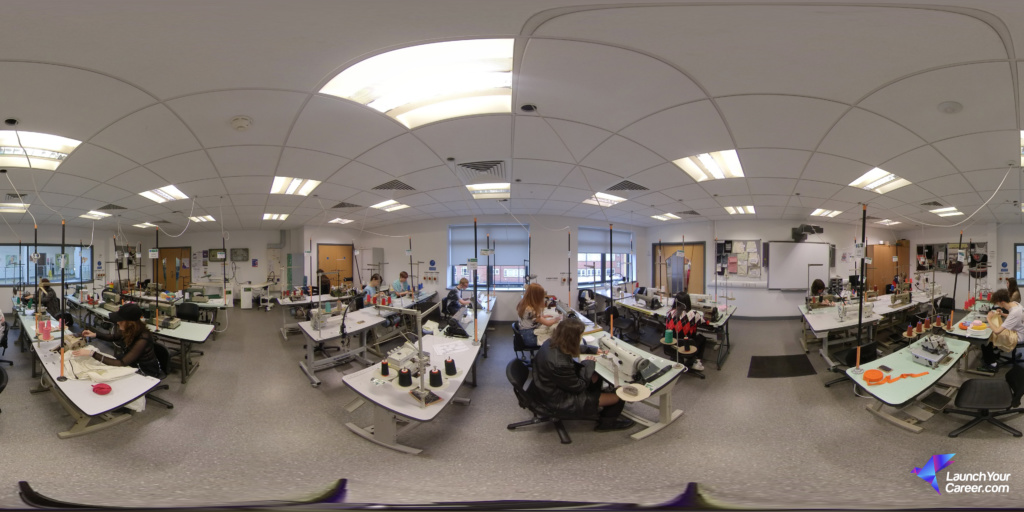
On the last day of the spring term, I visited Nuneaton Academy to see how virtual reality could introduce year 10 students to the world of FE. The pupils tried out VR headsets, both the high-tech models and the low-cost cardboard virtual reality glasses based on the 'Google Cardboard VR' project. These allow you to turn your smartphone into a spectacular virtual reality viewer.
The VR headsets cost £300 to £400 while the cardboard ones retail for under a fiver. Some schools were sending them out through the post during the pandemic so pupils could engage in VR activities at home.
Virtual reality to enhance the student experience
Greg Parker is Career Led Learning Director at Launch Your Career, the world's first career search and discovery platform powered by virtual reality. 'Gen Z loves this technology,' he says, 'but they are also a demanding audience and the content has to be rich.'
With a career in audiovisual, Greg has overseen changes in technology and now helps educational institutions keep up to speed with their marketing and communication strategies. He pointed out that this generation of students has grown up surrounded by gaming and that teachers have long used games to stimulate creativity and participation in the classroom. Many staff have also experimented with virtual reality but mostly from a consumer perspective.
Now that technology is more sophisticated and more affordable, immersive technology is not just about relaying information to users. It also taps into motivations, feelings, and engagement. Thanks to GPS technology, users can tour a college independently and focus on the student experience, explore the facilities or listen to presentations from vocational staff.
Students have more control than in the real world, so they can skip the crowds and go at their own pace. They can also gather the information that is important to them so some ask questions about finance and bursaries, others may home in on learning support or links to employers. Meanwhile educational establishments will soon be able to track and monitor pupils' progress through a tour and gather data to develop a profile of learners, log encounters and streamline their careers guidance from one dashboard.